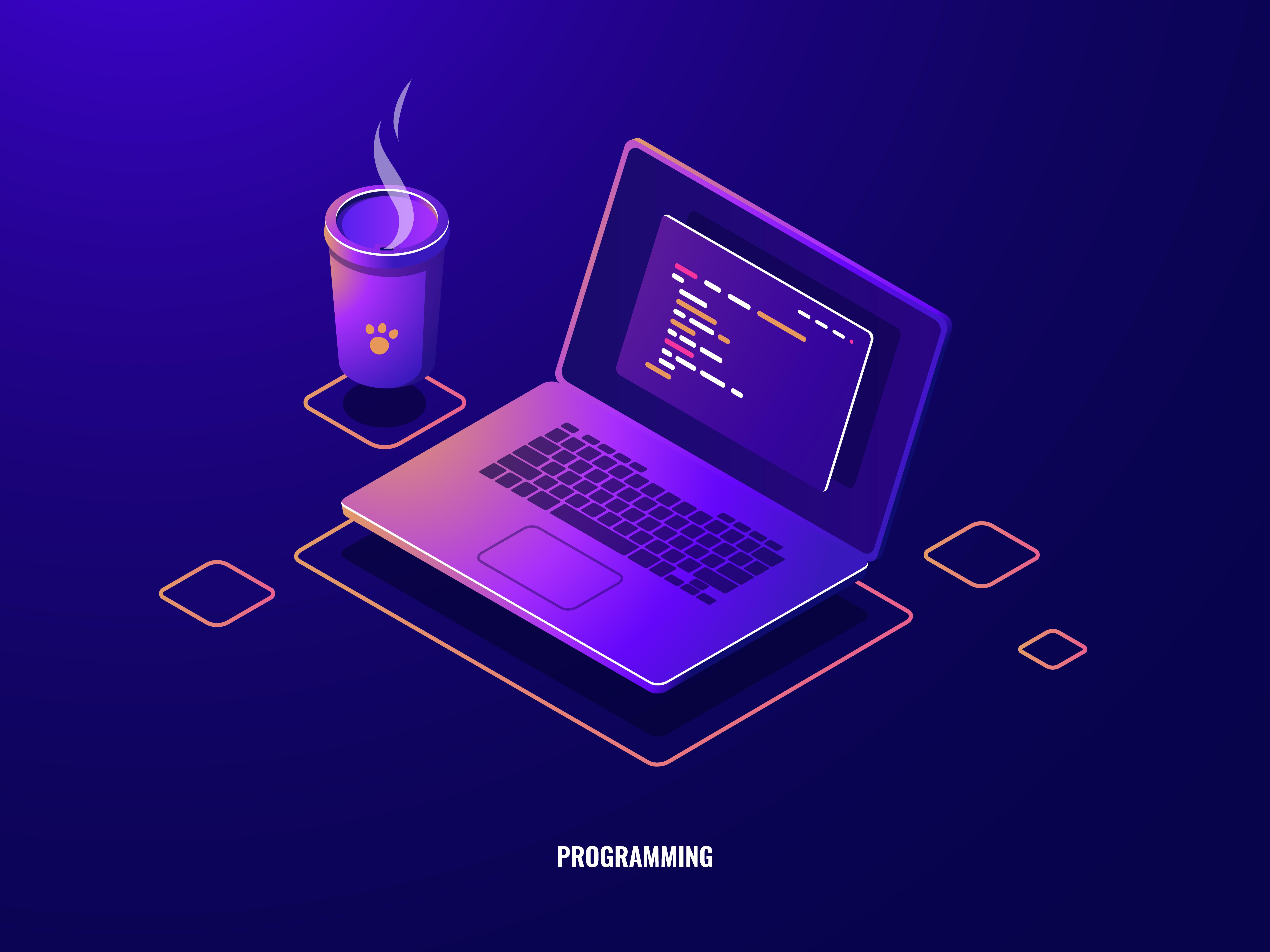إعلان مُمول
Laravel vs. Symfony: Which PHP Framework Fits Your Business Best?

When it comes to backend development using PHP, two frameworks stand tall: Laravel and Symfony. Both are powerful, open-source tools with loyal developer communities and enterprise-grade features. But which one is better suited for your business needs?
In this blog post, we’ll break down the strengths, differences, and ideal use cases of Laravel and Symfony to help you make an informed decision.
Introduction to the Frameworks
What is Laravel?
Laravel is a modern PHP framework known for its elegant syntax, ease of use, and developer-friendly tooling. Launched in 2011, it is ideal for rapid web application development with minimal configuration.
Use Case: Ideal for startups, MVPs, and applications where speed-to-market is critical.
What is Symfony?
Symfony is a robust, flexible PHP framework known for its reusable components and enterprise-level performance. It has been around since 2005 and is the foundation of many high-end applications, including Drupal and Magento.
Use Case: Best for complex, large-scale, and enterprise applications where long-term stability and scalability are essential.
Laravel vs. Symfony: A Feature Comparison
| Feature | Laravel | Symfony |
|---|---|---|
| Ease of Use | Beginner-friendly | Steeper learning curve |
| Performance | Good for most apps | Slight edge in enterprise performance |
| Modularity | Less modular | Highly modular & component-based |
| Community Support | Massive, active | Mature, professional |
| Built-in Features | Includes tools like Blade, Eloquent ORM | Relies on external integrations |
| Documentation | Extensive and beginner-focused | Detailed but more technical |
| Flexibility & Customization | Moderate | High (due to reusable components) |
| Long-Term Maintenance | Great for quick projects | Excellent for long-term business apps |
When Should You Choose Laravel?
Choose Laravel if:
- You’re building an MVP or startup product.
- You need fast development with a short time-to-market.
- Your team is smaller or less experienced with complex architecture.
- You want expressive syntax, built-in tools, and ready-to-use features.
Typical Use Cases:
- SaaS products
- Marketplace apps
- CMS platforms
- CRM software
When Should You Choose Symfony?
Choose Symfony if:
- You are developing a large, enterprise-grade system.
- You want full control over your architecture.
- Your project will scale and evolve over time.
- You prefer modularity, customization, and high performance.
Typical Use Cases:
- ERP systems
- Financial & healthcare applications
- High-traffic eCommerce platforms
- Government & large corporate portals
Symfony at Brainstream Technolabs
At Brainstream Technolabs, we specialize in Symfony development services for clients seeking custom enterprise-grade solutions. Our team leverages Symfony’s reusable components and performance-focused architecture to deliver robust, scalable, and secure applications.
Whether you’re starting from scratch or migrating from another framework, we can tailor a Symfony solution to match your business goals.
Conclusion: Which One Is Right for You?
-
Laravel is great for startups and rapid development projects.
-
Symfony is ideal for enterprise systems and long-term scalability.
Both frameworks are powerful — the best one for your business depends on your project’s complexity, timeline, and budget.
Still unsure? Contact us at Brainstream Technolabs — we’ll help you decide and build the right solution from day one.





